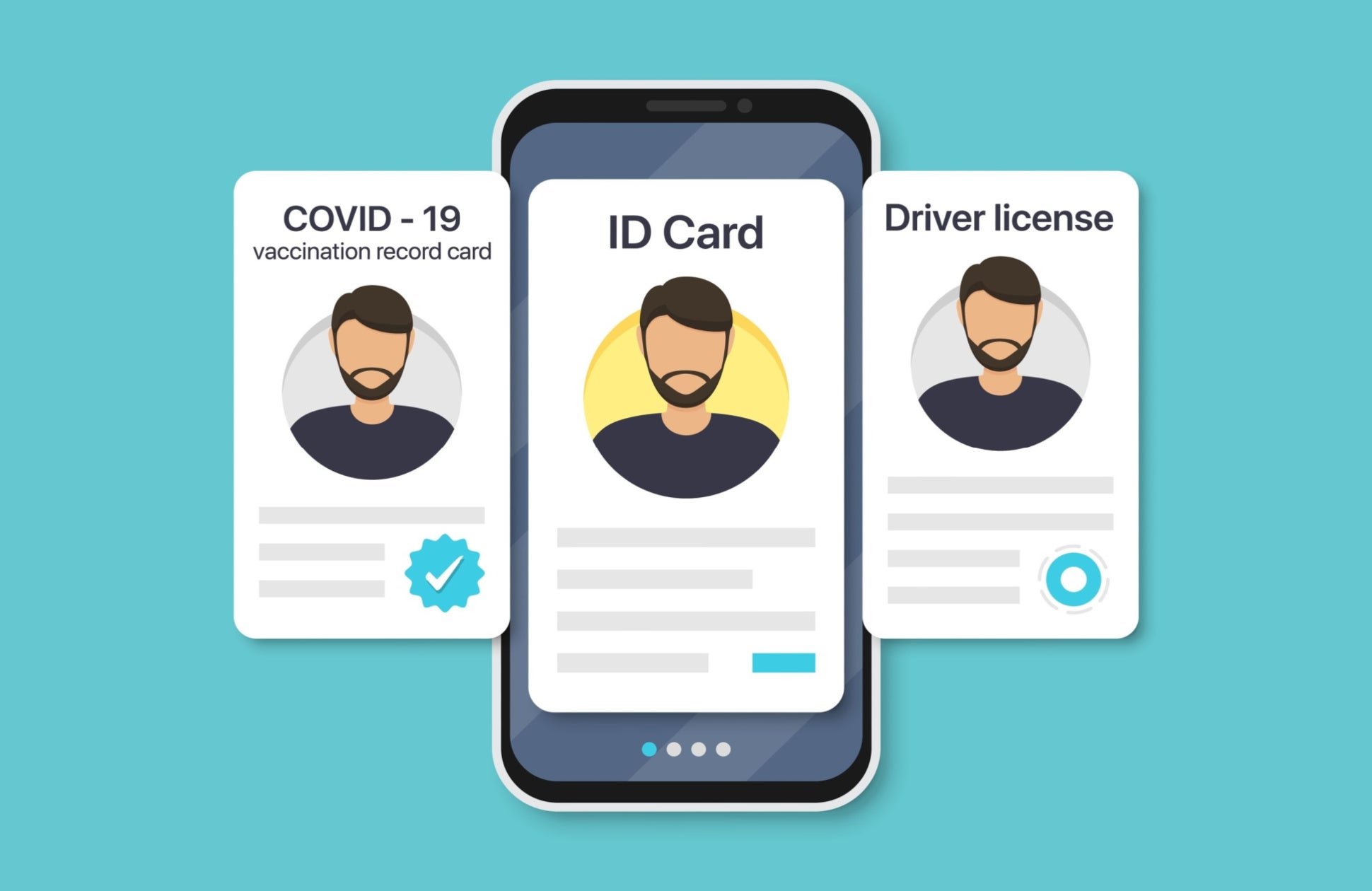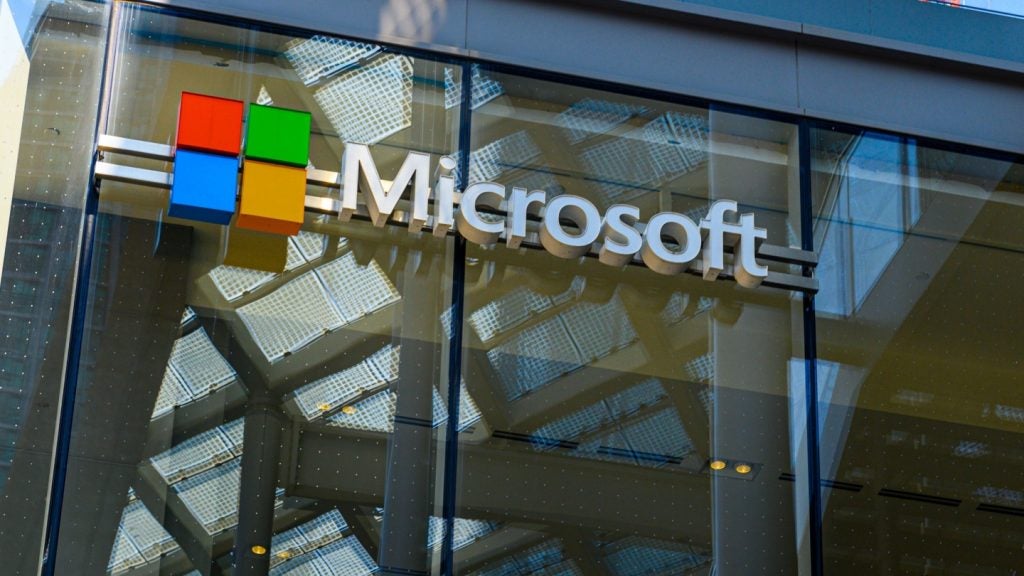
It’s not often you see an opinion piece on digital identity in one of London’s freesheet newspapers, which is usually easy-reading fodder for the morning commute. But a recent piece from Tony Blair’s Institute for Global Change—ironically published the day before a UK conference on digital identity in government—showed why this subject will only see more column inches in 2023 and beyond.
Digital identity is a collection of information that exists online about a person, an organization, or a machine, which, when grouped together, can provide a digital representation of that entity.
The article argued that of all the things painted as threats to our civil liberties, digital identity combines a so-called “triangle of top targets”: identity cards, technology, and big government. The article suggested that the reality is far less threatening, is in modern society, and is already part of our lives.
There are many possible use cases—including, eventually, the metaverse—but digital identity still needed a clearly recognizable ‘must-have’ usage. It took a global pandemic for governments and the public to recognize that Covid-19 vaccination certificates on smartphones enabling foreign travel was the killer app that digital identity could deliver.
A patchwork of digital identity initiatives
China is a clear leader in digital identity. It has the world’s most advanced social credit and surveillance systems and is planning a digital ID card to enable citizens to access services online.
Other global journeys toward digital identity have taken circuitous routes, at various speeds. The Nordic countries and Estonia, all well aware of the benefits, are at the forefront, as is India. Its Aadhaar ID system has been described by World Bank chief economist Paul Romer as “the most sophisticated identification program in the world.”
How well do you really know your competitors?
Access the most comprehensive Company Profiles on the market, powered by GlobalData. Save hours of research. Gain competitive edge.

Thank you!
Your download email will arrive shortly
Not ready to buy yet? Download a free sample
We are confident about the unique quality of our Company Profiles. However, we want you to make the most beneficial decision for your business, so we offer a free sample that you can download by submitting the below form
By GlobalDataThe pace is likely to quicken in Europe over the next couple of years as the European Union (EU) aims to give every citizen digital identity credentials accessible from digital wallets. It hopes to go live with the scheme in 2024, enabling EU citizens to store their credentials—including their national ID, driving license, qualifications, and bank account details.
Elsewhere, Australia and New Zealand are moving towards legislation, the US is trying to reconcile the plans of its different states, and the UK is establishing a program to provide a “single, ubiquitous and simple way” for people to log in and prove their identity when accessing government services online.
Banking regulation and the metaverse will be future drivers
There is a long way to go, with several use cases still to develop, across multiple sectors. Healthcare and travel & mobility will be increasing identity drivers. Others include using digital identities to access social media platforms; enhancing the way smart cities will operate, such as using digital identities to facilitate more seamless smart parking services; carrying out ecommerce transactions safely and securely; and managing identities in the metaverse.
The next few years will see the growth of specialist digital identity providers that will undoubtedly include Big Tech. Apple now supports mobile US driving licenses, and Microsoft has embraced decentralized digital IDs.
Another important area is financial services, where regulators’ adoption of anti-money laundering (AML) and know-your-customer (KYC) identity checks have catalyzed digital identity adoption. Interoperability between the public and private sectors will be an important measure of progress, as will digital inclusion, ensuring that the benefits of the internet and digital technologies are available to everyone, including those who lack skills, confidence, and motivation, or those who have limited or no access to equipment and connectivity.







Related Company Profiles
Apple Inc